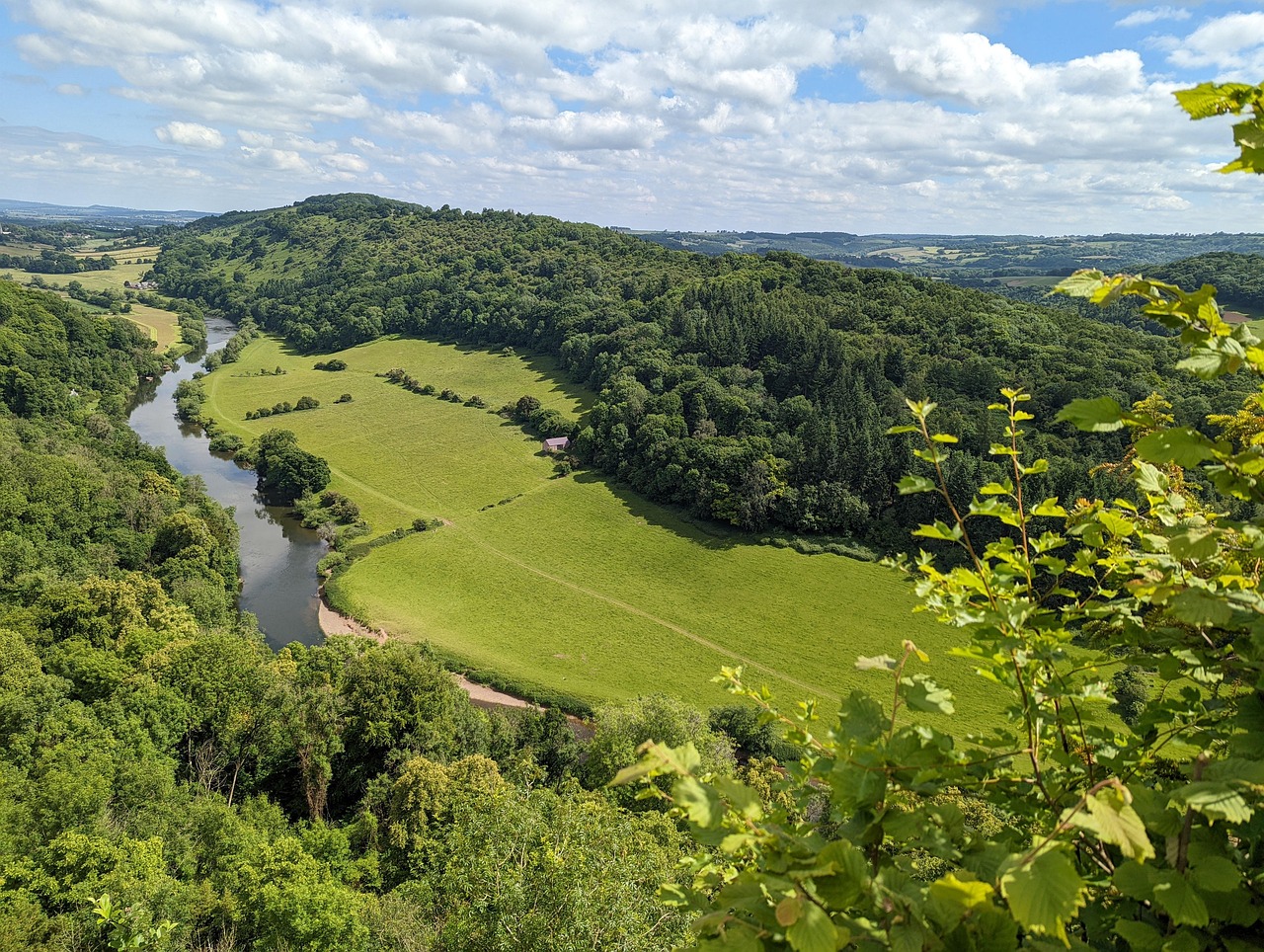Image description: River Wye winding through the English countryside. Image by malcolm west from Pixabay.
Thousands of residents and environmental campaigners have launched a legal claim against poultry producers over pollution in the River Wye. The claim, filed at the High Court, alleges that intensive chicken farming has caused significant environmental damage to the river and surrounding areas. According to law firm Leigh Day, the case targets Avara Foods, a major poultry producer, and seeks compensation for local residents affected by the pollution. The legal action is being brought under environmental nuisance laws, with claimants arguing that the pollution has harmed their quality of life and property values.
As reported by the BBC, the River Wye has suffered from excessive levels of phosphates, which have contributed to algal blooms and ecological degradation. Campaigners argue that the proliferation of poultry farms in the region, particularly in Powys, Wales, has exacerbated the problem. They claim that waste from these farms is being spread on land and subsequently washed into the river system, leading to pollution.
The Independent reports that the legal claim is one of the largest environmental actions of its kind in the UK. It highlights the growing concern among local communities and environmental groups about the impact of industrial farming on natural ecosystems. The claimants are seeking not only financial redress but also changes in farming practices to prevent further damage.
According to The Guardian, the case is part of a broader movement to hold polluters accountable for environmental harm. The River Wye, which flows through both England and Wales, has become a focal point for debates over agricultural regulation and environmental protection. The outcome of the case could set a precedent for future legal actions concerning river pollution and industrial farming practices.
Citizen’s arrest network targets water company CEOs across England
The Citizen’s Arrest Network (CAN) went to the headquarters of Wessex Water, Severn Trent Water, Southern Water and Anglian Water to make citizens arrests and deliver evidence dossiers. CAN are accusing the CEO’s of being personally liable for damaging the public’s right to clean water under the Public Nuisance Act.
Of the four companies that were approached, each have been accused of profiteering and polluting local waterways. Full details of the arrests and charges are available on the network’s website.
